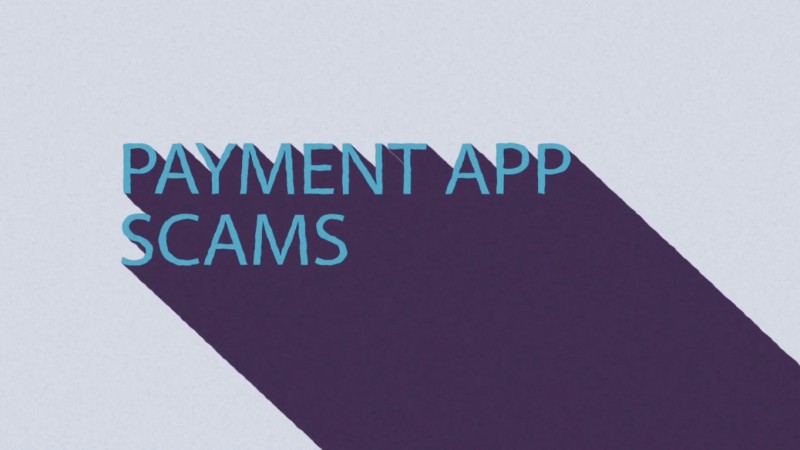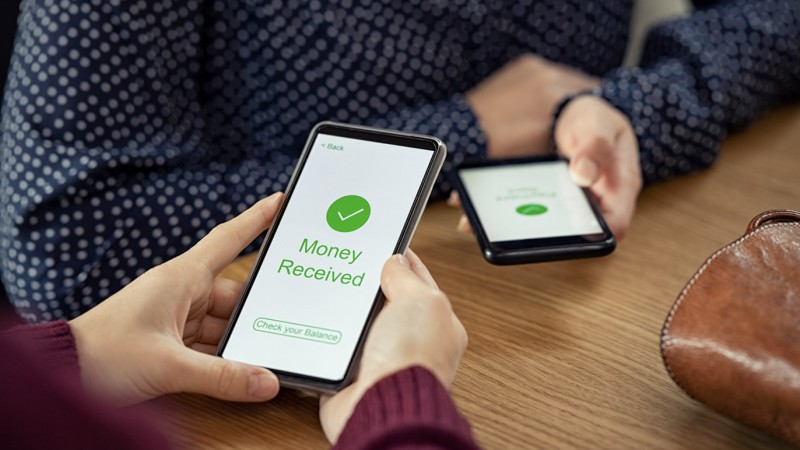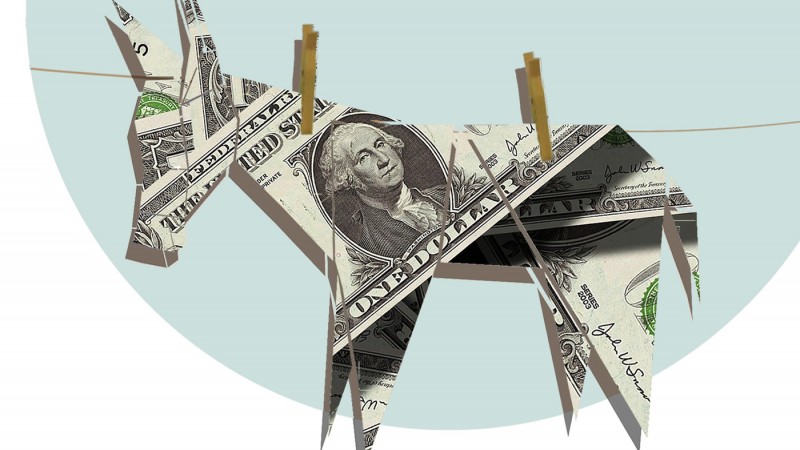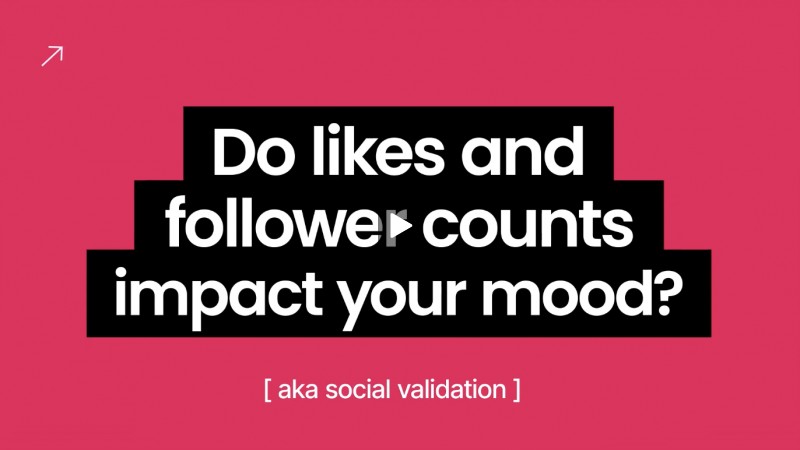Beware of Phishing Phone Calls
- Detalles
- Escrito por Drew Guthrie
- Categoría: Articles
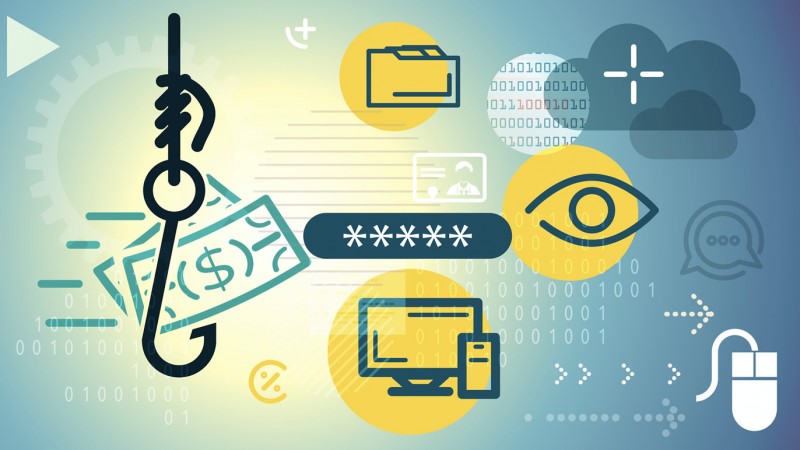
Phishing scams using emails, texts, and websites have been around for years. Telephone-based phishing scams have been around for years, too. The phone phishers have some new tricks that are making it harder to detect the scams. What these scams have in common is that they use caller ID spoofing and have some of your personal information. The phishing call may be an actual person, an automated call, or a combination of the two. Here are two examples.
The phone phishers have some new tricks that are making it harder to detect the scams.
The caller says that they are calling from your bank, credit union, or credit card company about recent transactions that might be fraudulent. The caller asks you to confirm information such as your address, the last 4 digits of the credit/debit card, the security code on the card, or your social security number.
The call appears to be from your phone company calling to prevent your phone service from being suspended for non-payment. The caller asks for your security PIN in order to be connected to a billing department representative.
The phishers are spoofing more than financial institutions and phone companies. They are also spoofing customer support at big-name tech companies and other businesses.
How to Protect Yourself
Protect yourself with these tips.
- Never give out any personal information in response to an unsolicited call.
- Financial institutions will never call and ask for your PIN number.
- Don't use a phone number provided by the scammer. Call back the financial institution or business using the phone number on your card, statement, or the customer support number on their website.
- Caller ID information can be faked, so don't assume that’s who is calling.
- Scammers can get personal information in many ways, so don't assume a caller is legitimate if they have some of your personal information.
- Hang up if the caller asks for personal information.














